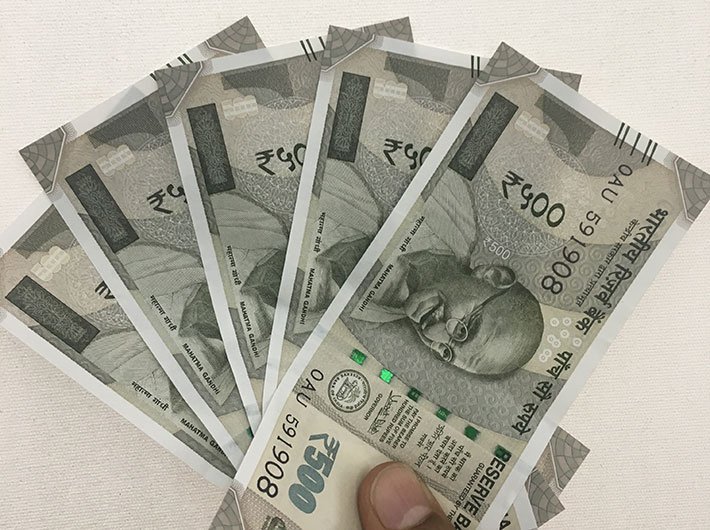New framework is likely to result in a rise in NPLs, as banks are forced to reclassify stressed accounts previously recorded as special mention loans or restructured loans
India's new framework aimed at speeding up non-performing loan (NPL) resolution is likely to push up banks' credit costs and undermine earnings in the near-term, reinforcing Fitch Ratings' negative banking sector outlook.
However, stronger regulatory efforts to clean-up bad loan problems, combined with planned recapitalisation of state banks, could help support a recovery in the sector over the medium term, said a press release.
Regulators appear increasingly impatient with the slow resolution of NPL stock, which has prolonged the NPL cycle. The new NPL framework is the latest in a series of measures to speed up progress. It gives banks less discretion over the reporting and resolution of bad assets and attempts to address the complexities involved in resolving the stressed loans of large borrowers.
Banks will need to report defaults by large borrowers weekly, indicating a more invasive approach to tracking bad assets. The timeline for dealing with bad loans has also been made prescriptive, with banks and borrowers forced to implement a plan for resolving loans within 180 days of default or go to insolvency court. There are clear instructions on what constitutes an NPL resolution plan and under what circumstances it would be viewed as implemented. Penalties will apply to banks that fail to comply with prescribed timelines or conceal the status of their stressed accounts, suggesting a shift towards lower regulatory tolerance.
The new framework's overall focus is on recognising and quickly resolving bad loans. It is likely to result in a rise in NPLs, as banks are forced to reclassify stressed accounts previously recorded as special mention loans or restructured loans. More accounts are also likely to be pushed toward insolvency courts and into liquidation, particularly since the new guidelines require all of a borrower's lenders to agree on a resolution plan to keep it away from the courts.
An increase in liquidation would raise the likelihood of banks taking larger haircuts on bad loans than they expect. The banking system's average loan-loss cover was around 45% at March 2017, well below our expectation that haircuts may average 75%.
Most of the $32 billion of fresh capital the government plans to inject into state banks by end-March 2019 is likely to be absorbed by losses associated with NPL resolution. Asset growth is therefore likely to remain low and earning will stay under pressure.
Banks' weak October-December results underline the ongoing effects of high credit costs and slow asset growth. Regulatory pressure for banks to recognise bad loans led to a 30% rise in NPLs, pushing up credit costs across the sector, particularly at state banks. State banks also suffered treasury losses on account of rising interest rates, further pressuring an already dwindling income base. Sixteen of India's 21 state-owned banks reported losses during 3Q18, with at least three reporting their ninth consecutive quarterly loss. State Bank of India (BBB-/Stable), the country's largest bank, reported its first loss in more than a decade.
